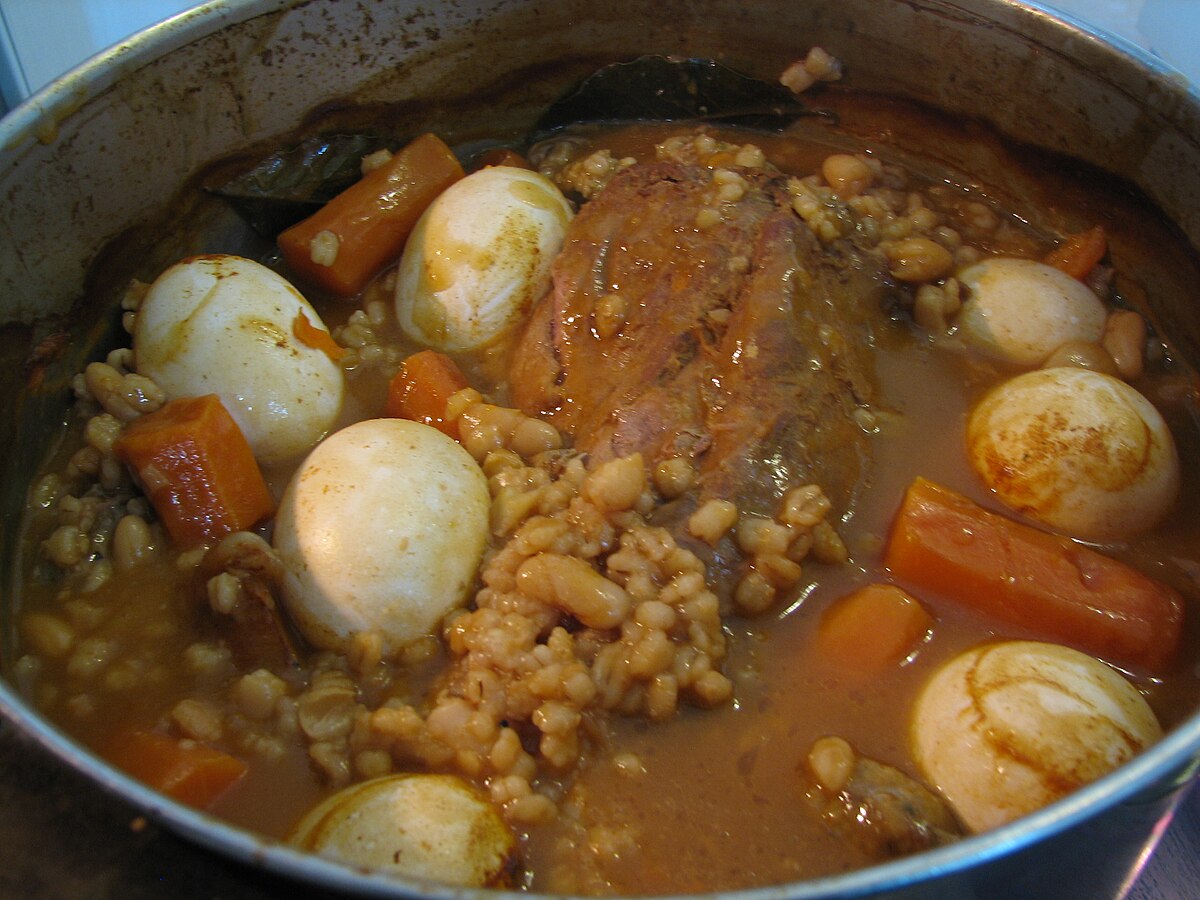 |
| Abraham and Isaac |
- Each son is called the only son of his father.
- The sons had been born with divine intervention.
- Both were named by God before birth
- The son was laid upon the wood/cross, which they carried.
- Both were obedient unto death.
- The sacrifices take place near each other (Mt. Moriah OT, Mt. Calvary NT).
If you like this (or not), check out my other articles at the
Between The Ears BLOG INDEX, with titles and summaries.
Between The Ears BLOG INDEX, with titles and summaries.
But "Abraham had TWO sons, one by the bondwoman and one by the free woman" - Galatians 4:22. In the Gen 22 account, Isaac is referred to as Abraham's only son "Take now your son, your only son, whom you love, Isaac, and go to the land of Moriah, and offer him there as a burnt offering on one of the mountains of which I will tell you." There are several explanations of this seeming contradiction - Yahoo Answers [3].
- "Abram" was the father of Ishmael and "Abraham" was the father of Isaac: thus "Abraham" had only one son.
- Ishmael was the son of a concubine and not an heir.
- Ishmael and Hagar had been disowned by and legally removed from the family.
- Isaac is the only son of the promise, the covenant.
 |
| Ishmael was 13 years older than Isaac |
Like Cain and Abel [4], the story of Isaac and Ishmael foreshadows a ceremony at the Tabernacle hundreds of years later. Consider this, one was (almost) sacrificed, one was sent away. This is exactly what happens during Yom Kippur, Day of Atonement in English. Two goats were selected, one goat sacrificed for the Lord, and one goat (Azazel) to be removed, Azazel in Hebrew is often translated scapegoat in English. The Azazel goat bore the guilt of the nation of Israel. This has been brought out by Julia Blum in her book Abraham Had Two Sons [5].
Consider these very specific parallels
 |
| The High Priest lays hands on the live goat and puts the sins of Israel on its head |
Abraham stretched out his hand and took the knife to slaughter his son (Isaac). - Gen 22:10
Send it (Azazel) away into the wilderness by the hand of a man who stands in readiness. - Lev 16:21
He (Abraham) gave it and the boy (Ishmael) to Hagar, and sent her away. - Gen 21:14
He shall release the goat in the wilderness. - Lev 16:22
Ishmael grew and dwelt in the wilderness. Gen 21:20
The supernatural son Isaac represents righteousness, and he was (almost) sacrificed. The natural son Ishmael represents sin and was sent away. It is not a perfect parallel with Leviticus 16 because the order is backwards. Ishmael was sent away before Isaac was sacrificed. And of course Isaac wasn't actually killed like the goat. And unlike the Azazel, Ishmael must have stayed in contact because we read in Genesis 25:7 that both Isaac and Ishmael buried their father Abraham.
But like Cain and Abel [4], the parallel between Isaac and Ishmael with the two goats of Leviticus 16 is there.
But God Had Two Sons
We realize that Isaac (and the first goat) represent Jesus the Messiah as we discussed above. But what about Ishmael and the Azazel goat? Who do they represent?
The Churches of God teach that Satan is represented by the Azazel goat. See how this will play out in the future.
Rev 20:1 Then I saw an angel coming down from heaven, holding the key of the abyss and a great chain in his hand. 2 And he laid hold of the dragon, the serpent of old, who is the devil and Satan, and bound him for a thousand years; 3 and he threw him into the abyss, and shut it and sealed it over him, so that he would not deceive the nations any longer, until the thousand years were completed; after these things he must be released for a short time.
 |
| God: the most popular scapegoat for our sins |
Others disagree with this interpretation, and teach that Jesus fulfills the symbolism of of the both goats. As best I can tell, because Jesus is righteous, He does not fit the symbolism associated with Azazel.
But we just saw other lesser types of the two goats, like Cain and Abel, and like Isaac and Ishmael, perhaps there is another type that fulfills the two goats. That is, maybe there is an Old Testament fulfillment of the two goats. Julia Blum makes that argument in Abraham Had Two Sons [5].
Christians are used to the phrase "son of God". Plenty of verses show that believers are considered sons of God even in this life, like this one, "For as many as are led by the Spirit of God, they are the sons of God" - Romans 8:14. But there are only two that God calls "My Son" and "firstborn" in the Bible. Most will guess Jesus as one of them, "Then a voice came out of the cloud, saying, “This is My Son (Jesus), My Chosen One; listen to Him!” - Luke 9:35. And "He (Jesus) is the head of the body, the church, as well as the beginning, the firstborn from among the dead so that he himself may become first in all things." - Col 1:18.
The other is the nation of Israel, "Then you shall say to Pharaoh, Thus says the Lord, Israel is My son, My firstborn." - Exodus 4:22. Both points in one verse. We don't normally think of an entire nation as a son, but that's what it says.
It's straightforward to see that Jesus fulfills the type of the sacrificed goat. How does the nation of Israel fulfill the type of the Azazel? Julia Blum:
Consider what happened to the nation of Israel, it was one kingdom under Kings Saul, David and Solomon. Then in the days of Solomon's son, it split in two, the Southern kingdom dominated by the tribe of Judah, the Northern kingdom dominated by the tribe of Ephraim, but also called Samaria. The Northern kingdom fell away from God more quickly than the Southern kingdom, and it was exiled first, becoming known as the Ten Lost Tribes. Read a more thorough history at The United States and Britain in Bible Prophecy [7].
The other is the nation of Israel, "Then you shall say to Pharaoh, Thus says the Lord, Israel is My son, My firstborn." - Exodus 4:22. Both points in one verse. We don't normally think of an entire nation as a son, but that's what it says.
It's straightforward to see that Jesus fulfills the type of the sacrificed goat. How does the nation of Israel fulfill the type of the Azazel? Julia Blum:
Every Christian and Messianic believer knows that Genesis 22 symbolizes the Sacrifice of Yeshua and that Isaac going to the altar in Genesis 22 is a type of Yeshua. However, if we follow this logic, then we realize that Genesis 21 symbolizes the part of the sacrifice that was sent–alive–to bear the sins and iniquities of the peoples. Thus, Ishmael, the son who was sent into the wilderness, is a type of… Israel, the scapegoat!
 |
| Possible migration of the ten "lost" tribes |
2 Kings 7:23 The LORD removed Israel out of His sight, as He had said by all His servants the prophets. So Israel was carried away from their own land to Assyria, as it is to this day.
The Southern kingdom were more righteous, but their sins caught up with them and were also taken captive.
Like the Assyrians, the Babylonians deported vanquished peoples to maintain tighter control over conquered territories.
As their cousins in the northern kingdom of Israel fell into captivity by Assyria more than a century earlier, Judah's inhabitants now were taken to Babylon. The Downfall of Judah—Exile to Babylon [8]
Both kingdoms were exiled due to idolatry, exile being likened to the wilderness. The Jews never lost their national identity like the rest of the tribes of Israel.
That is the parallel with the Azazel goat, Israel the firstborn son was exiled, sent away. Jesus, also called the firstborn son, parallels the first goat, sacrificed for sin. And in a counter-intuitive twist, in this instance Ishmael represents Israel. Israel was sent away before Jesus was sacrificed like Ishmael was sent away before Isaac was (almost) sacrificed. In a sense, the second goat was a prophecy that Israel would be exiled to the wilderness of this world. Judah returned to Jerusalem, but was exiled again after the destruction of the second Temple in 70AD, miraculously returning to their homeland in the 20th century. That is, Judah was sent away after Jesus' sacrifice.
Abraham had two sons, Isaac and Ishmael, one was sacrificed, one was sent away.
God had two sons, Jesus and the nation of Israel, one was sacrificed, one was sent away.
References
1. http://www.hebrew4christians.com/Prayers/Daily_Prayers/Akedah/akedah.html
2. https://derekspain.com/2014/03/10/the-answers-30-similarities/
3. https://answers.yahoo.com/question/index?qid=20071211132625AACGfxt
4. http://jlfreeman-1.blogspot.com/2016/08/a-tale-of-two-siblings.html
5. https://www.amazon.com/Abraham-Had-Sons-Julia-Blum/dp/1517737966
6. https://www.ucg.org/bible-study-tools/booklets/gods-holy-day-plan-the-promise-of-hope-for-all-mankind/atonement-removal
7. https://www.ucg.org/bible-study-tools/booklets/the-united-states-and-britain-in-bible-prophecy
8. http://www.ucg.ca/booklets/bible-and-archaeology-part-2/downfall-judah-exile-babylon






